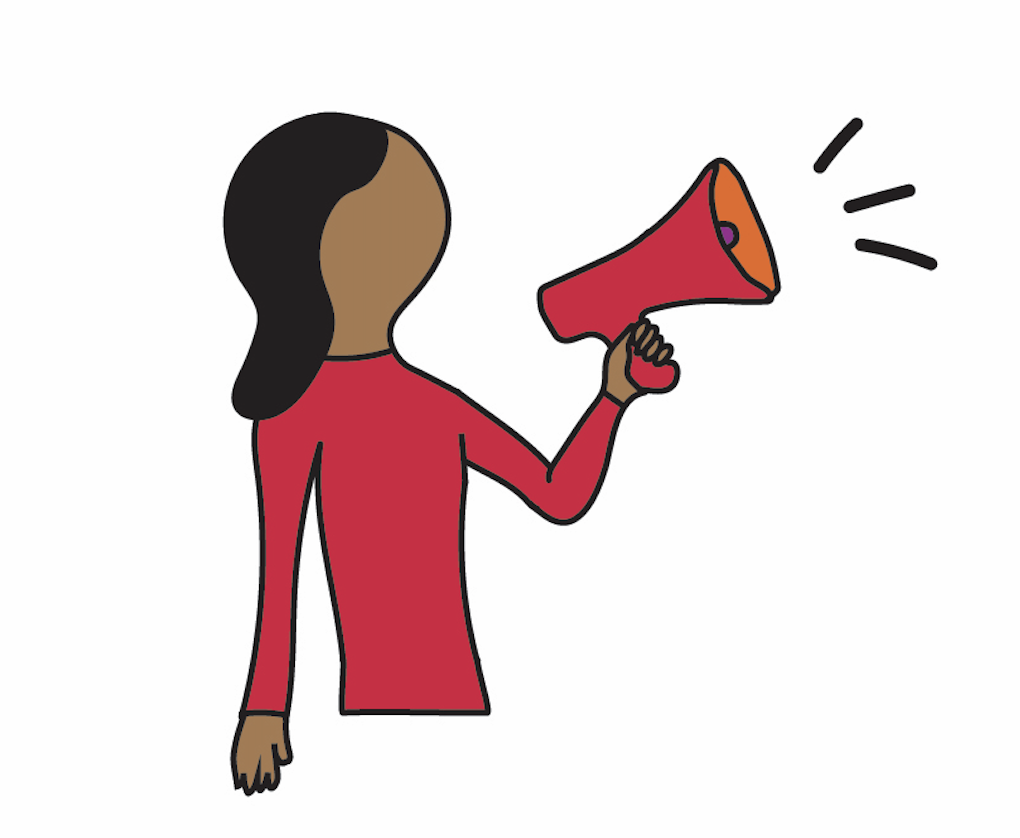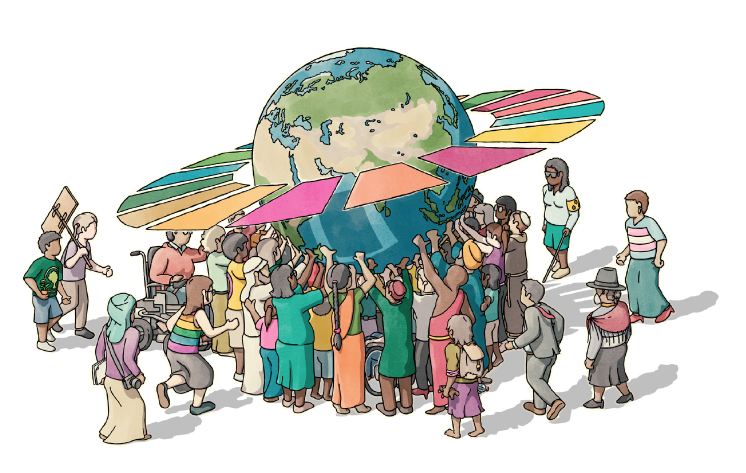Human rights defenders are people who contribute to making the world a better and fairer place by promoting and protecting human rights. They speak truth to power and challenge governments that fail to respect and protect their citizens, companies that degrade and destroy the environment, and institutions that perpetuate privilege and patriarchy. As a result, they are often threatened and attacked by the very actors they seek to hold accountable.
The UN has an expert appointed specifically for human rights defenders. Their role is essential: they promote the work of those who defend human rights and they protect defenders at risk. The Special Rapporteur serves in a voluntary capacity and is independent of the UN, States and non-governmental organisations. As other Special Rapporteurs, they are tasked by the UN to monitor and report on human rights situations around the world. They also provide advice and recommendations for the implementation of those rights.
In March 2026, the UN Human Rights Council (the Council) will appoint the next Special Rapporteur on the situation of Human Rights Defenders.
ISHR and partners are campaigning so the new person appointed is independent, impartial, competent and expert and comes from a background that represents the diversity of our world. This is essential to ensuring a well-functioning system of Special Procedures, which, in turn, is of crucial importance to the functioning of the Human Rights Council.
What do we want?
We want those who might nominate candidates – individuals, civil society organisations, States and anyone involved in the process – to have all the tools available to put forward eligible and suitable candidates.
We also want the group of five high-level representatives who form the Consultative Group responsible for the selection process and the President of the Human Rights Council responsible for the final choice, to select and appoint a highly qualified and independent Special Rapporteur.
How do we get there?
- We make sure the information on this webpage gets to the right people so those who nominate candidates and candidates understand the requirements and selection process.
- We have put together a specific checklist with criteria for the selection of the Special Rapporteur on Human Rights Defenders (based on HRC Resolution 6/102). This document aims to encourage highly qualified candidates to apply and will also serve as guidance for all stakeholders involved in the appointment process. It is available below:



